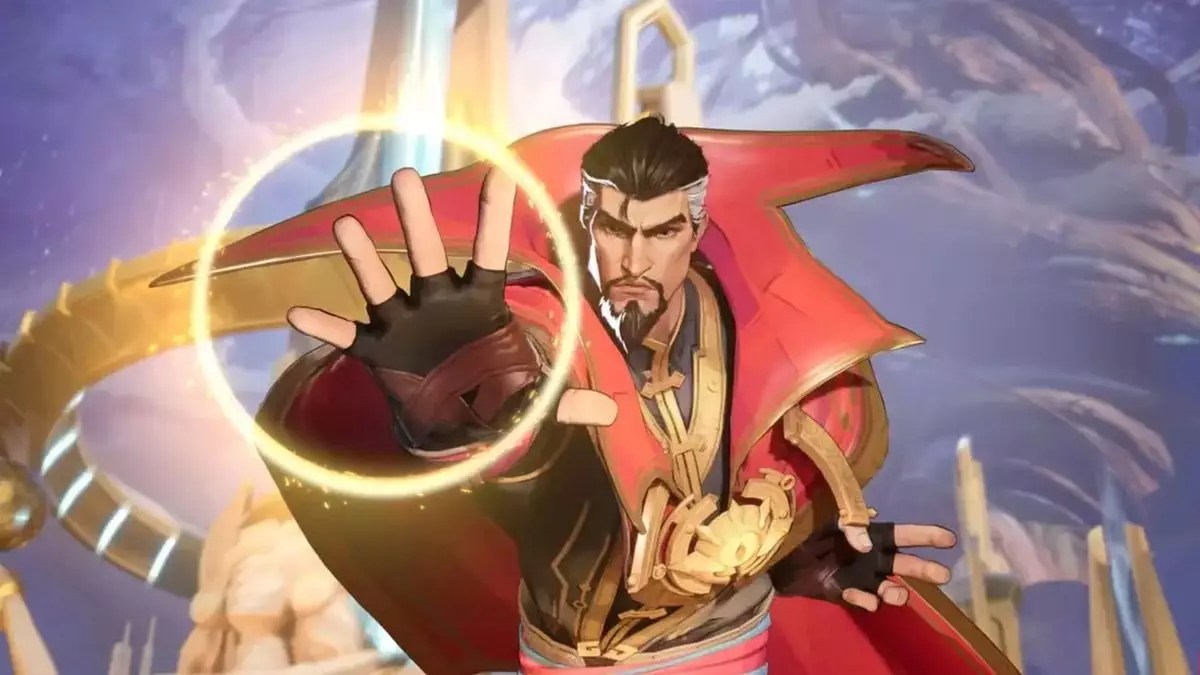Released recently, Marvel Rivals has quickly captured the gaming community’s attention with its vibrant and immersive gameplay. Developed by NetEase Games, this fresh entry into the hero shooter genre has successfully attracted more than 10 million players within a mere three days of its launch. This achievement is noteworthy, as it reflects not only the game’s immediate appeal but also its potential to reshape the competitive landscape of multiplayer shooters.
Marvel Rivals’ launch figures may very well position it as a serious competitor to long-standing titans like Blizzard Entertainment’s Overwatch. While Overwatch managed to gather an impressive 25 million players over a span of eight months, the sequel has shown enhanced performance by drawing in similar numbers within just ten days. This sets an intriguing precedent for Marvel Rivals, which appears to be on a trajectory that could lead to comparable, if not greater, success in the coming months.
However, unlike the Overwatch franchise—which boasts a range of platforms including a planned mobile version—Marvel Rivals has chosen a more focused route. Currently available on PC, PlayStation 5, and Xbox Series X|S, the creators have publicly ruled out a Nintendo Switch release as well as any potential mobile adaptation. Such focused availability could either limit player access or, conversely, create a more dedicated community of players who are deeply engaged with the game’s mechanics.
One major question that enthusiasts and analysts will be pondering is whether Marvel Rivals can maintain its momentum beyond this explosive launch. While securing notable player counts in the onset is promising, the sustainability of player engagement is equally vital. It remains to be seen if the game can continue to deliver fresh content, engaging storylines, and community events that keep players returning.
Networking capabilities and community involvement are also critical pillars for any multiplayer game trying to secure its longevity. The early reception suggests a burgeoning community excited about the game; however, continued growth will demand updates, balance changes, and responses to player feedback to avoid stagnation.
Marvel Rivals is making headlines not just for its exciting premiere but also for the potential it holds in the gaming market. With Valve’s platforms boasting an impressive 39 million concurrent users, the interest in multiplayer gaming is evident. As it competes with established franchises, it will also need to differentiate itself and carve a niche that resonates with players seeking something fresh.
As games evolve, the challenge lies not just in attracting players but in retaining them. Will Marvel Rivals learn from its predecessors and implement strategies that support a thriving gaming ecosystem? With an explosive start and the opportunity for innovative expansions, the eyes of the gaming world are trained on its future. Whether it becomes a lasting staple in the hero shooter genre or fades into the background will depend heavily on its ability to keep players invested and excited.


Leave a Reply